For the Nigerian aviation industry to be a hub in West Africa, the Federal Government must invest heavily in critical infrastructure, and transit facilities and change its policy on air travel.
The Chief Executive Officer (CEO), of Nigame Aircraft Consultancy, based in the United States, Engr. Olufemi Adeniji told Nairametrics that the absence of state-of-the-art infrastructure such as runways, taxiways and terminal facilities was negatively affecting the capacity of the country to build aviation hubs.
Hub as a support to flight operations
Adeniji explained that the aviation hub must be able to support flight operations for 24 hours and seven days, but lamented that most Nigerian airports operate only sunset flights.
According to him, most of the country’s airports are not constructed for either regional or international connectivity, pointing out that the absence of transit facilities would make a hub impossible in any aviation industry.
Also, he mentioned the inconsistency in the foreign exchange and the difficulty of transferring funds by both indigenous and foreign airlines as another militating factor against the creation of a hub in Nigeria.
Adeniji pointed out that regulatory bureaucracy by inexperienced personnel whom he accused of unnecessarily delaying documentation for airlines was also limiting the hub status of Nigeria.
Adeniji explained further that this failure would also continue to affect employment generation in Nigeria.
Corruption, inadequate personnel as hindrances
He also mentioned corruption in various government agencies, and inadequate personnel in the Nigeria Customs Service (NCS), the Nigeria Immigration Service (NIS) and the Nigeria Civil Aviation Authority (NCAA), as some of the negatives against aviation hubs in Nigeria.
- He added: “Lack of airlines’ benefits such as parts duty waiver, tax credits and ease of parts support in the country does affect aviation hubs. The non-existence of ease of doing business also has a negative effect on the creation of a hub.
- “For Nigeria to become a West African hub for airlines, all these issues above need to be addressed; making substantial investments in airport infrastructure, improving the regulatory efficiency, employing experienced inspectors, use of technology, enhancing the security of the country and providing really ease-of-doing-business with strong policies.
- “We have the potential in Nigeria, but we need a coordinated effort from the government, regulatory bodies, airport operations and airlines.”
Onyema’s complaints
Just last week, Mr. Allen Onyema, the Chairman of Air Peace lamented the effect of lack of transit facilities for passengers and the paucity of foreign exchange on its operations.
Onyema had decried that the absence of transit facilities at international airports like the Murtala Muhammed Airport (MMIA), Lagos and the Nnamdi Azikiwe International Airport (NAIA), Abuja was affecting the airlines negatively, especially Air Peace.
For instance, Onyema said that Air Peace operates to destinations in West and Central Africa and ought to bring passengers from Douala, Banjul, Accra, Lome, Monrovia, Dakar, Freetown and others to its hub in Lagos to its other international destinations like India, China, South Africa, Jeddah and other long-haul destinations.
- “But unfortunately, we don’t have a transit facility where these passengers will stay until they board their next flight and Nigeria Immigration Service (NIS) and Nigeria Customs Service (NCS) are yet to segment this class of passengers who in other countries are made to wait in the transit facility on the airside until they are due to fly again.
- “Currently, immigration treats them like other passengers whose final destination is Nigeria and are expected to obtain a visa and follow other procedures like other passengers who are arriving in Nigeria. What is usually obtained is that as long as the passengers are not leaving the airport, they do not need a visa because they are in transit.
- “For Nigerian airlines to compete and benefit from the Single African Air Transport Market (SAATM), we must upgrade our airports to include transit facilities and also immigration should adopt a new policy that recognises transit passengers,” he said.

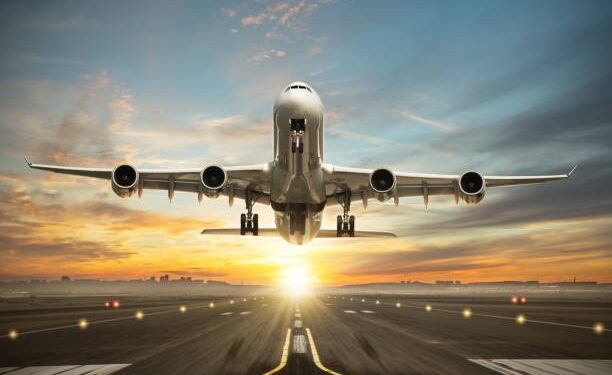






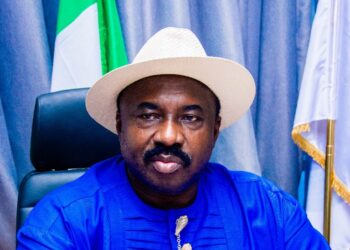
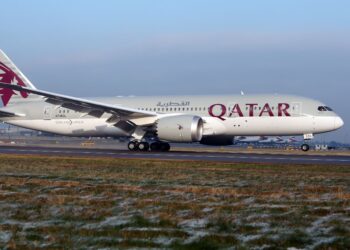
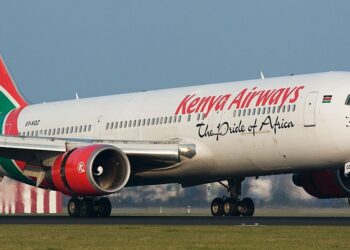
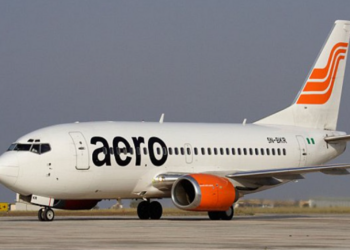
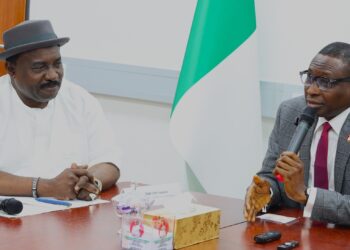
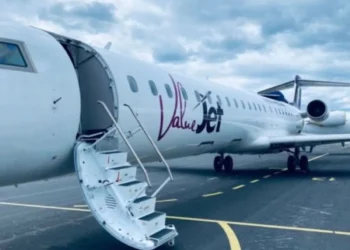











We honestly do not realize the huge potential we have wasting in Nigeria. Maybe that’s why corrupt practices as well as being unprofessional is how we carry on in our everyday lives.